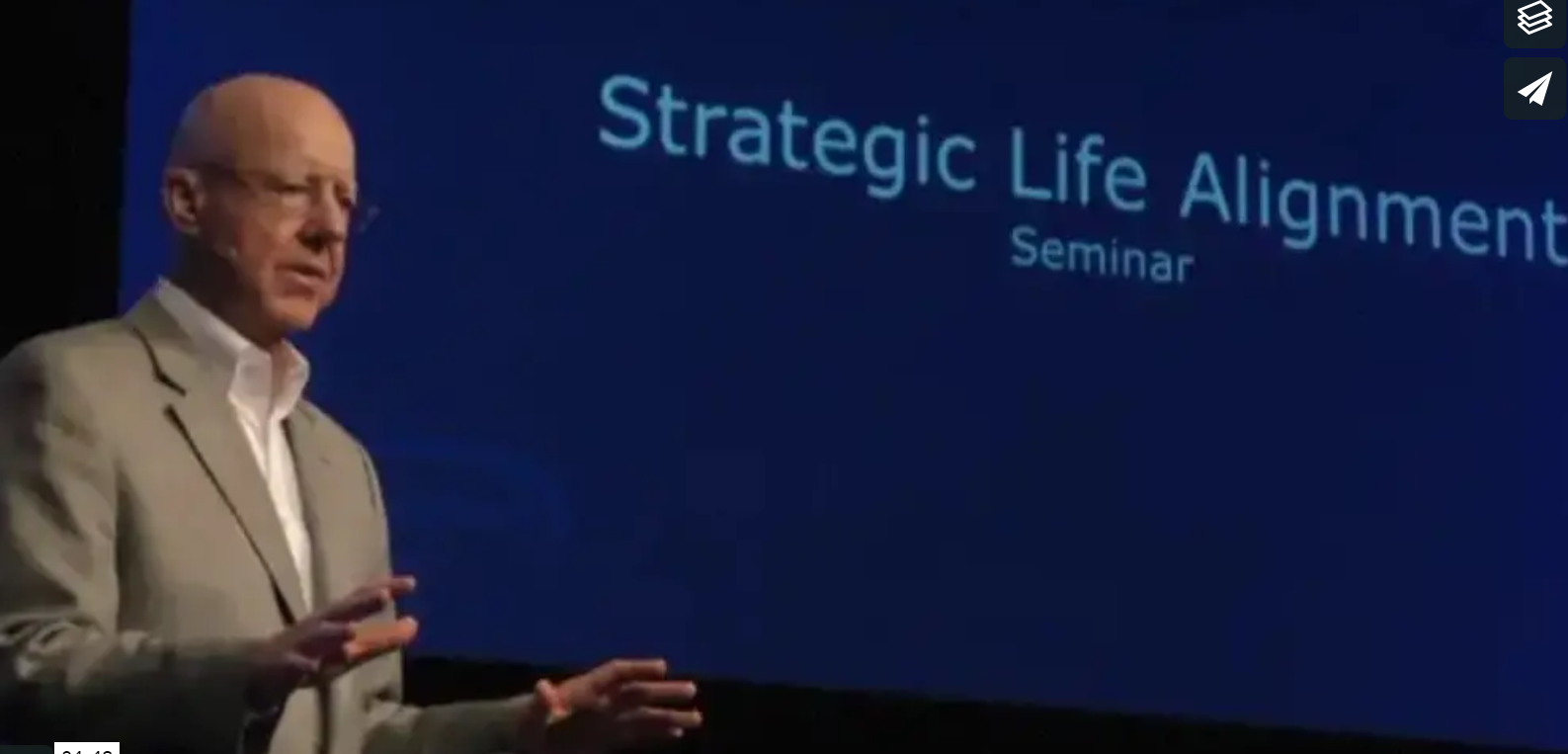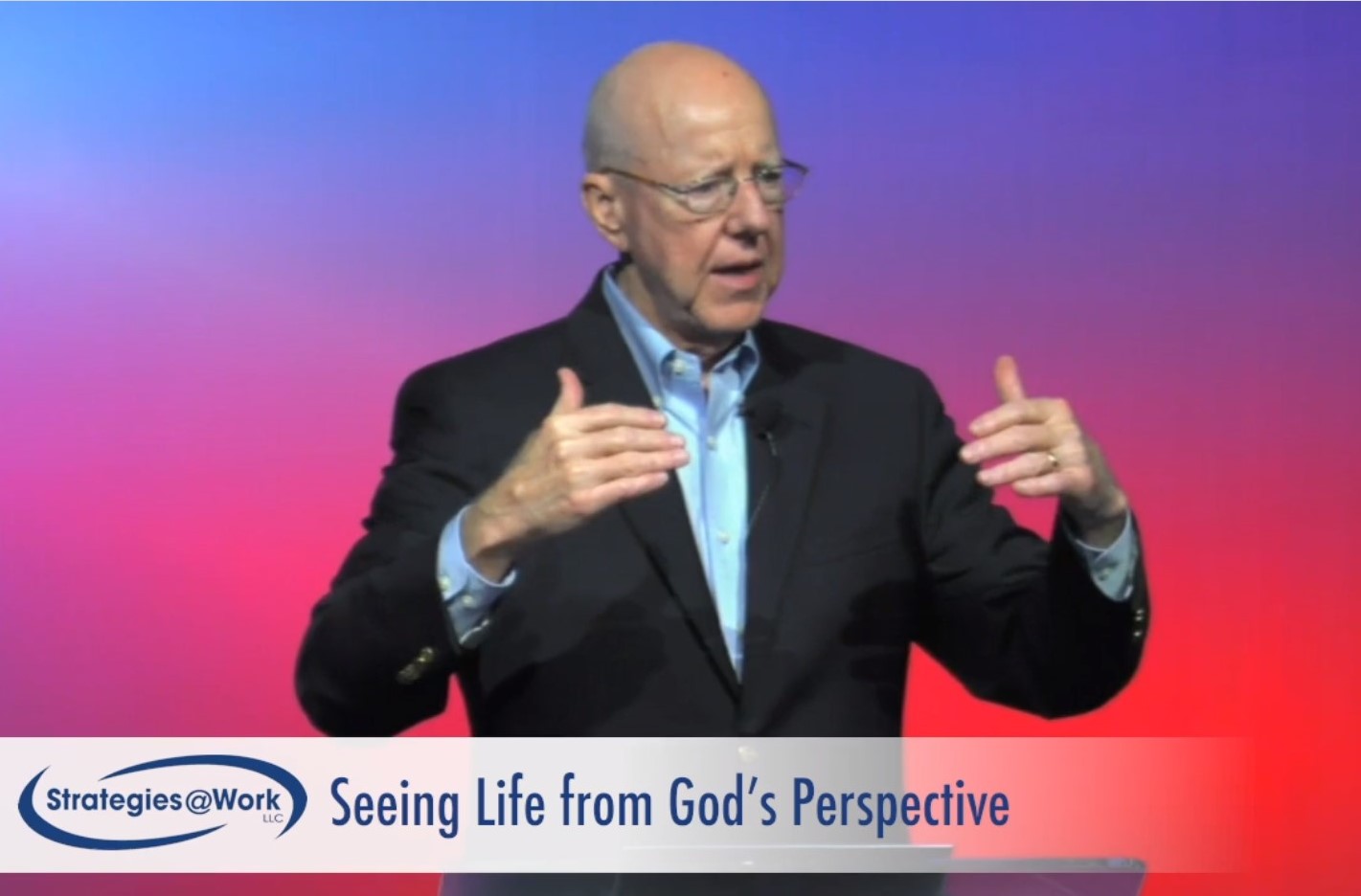 |
||||||
September 1, 2019 |
||||||
Gleanings |
||||||
Divine Problem Solving Methodology |
||||||
by Gerald R. Chester, Ph.D. |
||||||
| In June 2019, the unemployment rate of the USA hit a forty-nine-year low of 3.6 percent.1 This signals a robust economy and the need for problem solvers—arguably, the reason for employing anyone is to solve problems. For theists, this begs the question, is there a divine methodology for problem solving? To explore this, a Christian worldview begins with the Creation Mandate,2 which intimates that God is a sovereign, loving, gracious Creator who provides mankind with guidance as to how to best solve problems in his creation. Scripture also reveals that the world is full of problems and the root issue of all problems is mankind’s sin, which impairs both the animate and inanimate realms.3 The innate sin nature of fallen mankind is called total depravity, which means that, relative to right standing with God, mankind is totally unable to be righteous enough to meet God’s standards.4 God’s response to the fallen condition of the universe is judgment. This judgment will be executed at God’s pleasure. Some biblical examples of God’s judgment are Noah's flood, the Tower of Babel, and the captivity of Israel because of their disobedience to the Mosaic law. Mankind’s sin also impacts creation. Scripture metaphorically compares this condition to labor pains.5 A testimony to this is the Second Law of Thermodynamics (the unavoidable, irreversible decline of usable energy) that means all creation is destined to death—the ultimate judgment.6 Notwithstanding the reality of sin and its consequences, mankind is still under the Creation Mandate to rule God’s universe through growth (in population and technology) and dominion (using technology to bring God’s rule into creation). Organizations exist as vehicles to fulfill the Creation Mandate by producing products and services that enable mankind to extend the rule of God. But the fallen condition of the animate and inanimate worlds impedes mankind’s ability to produce quality products or services. Scripture reveals that the antidote to this fallen condition is Jesus.7 There is no other solution to overcome the power of sin and death; therefore, organizations need problem solvers who are rightly related to Jesus and, therefore, know how to solve problems based on what Scripture calls “the law of the Spirit of life in Christ.”8 How then does one do this? Scripture records a variety of methodologies for problem solving. The following are a few examples:
To begin to evaluate these approaches, one must employ sound hermeneutical principles. Specifically, one must distinguish the prescriptive from the descriptive. There are many events described in Scripture, such adultery, polygamy, and human sacrifice, but that doesn’t mean these activities are prescriptive. Any sound biblical approach to a divine problem-solving methodology will be prescriptive. Consider the five methods listed above. Magic is a form of sorcery that is a forbidden practice and clearly not prescriptive.15 Seeking a sign is not highly regarded because it is an indicator of doubt more than faith;16 nevertheless, God, at times seems to extend mercy by providing signs as he did with Gideon and the original apostles who cast lots to select Matthias to replace Judas.17 (Interestingly, Matthias is never mentioned again in Scripture, raising questions about the validity and means of his appointment.) However, among the five methodologies listed above, three seem to be sound scriptural approaches of problem solving—seeking counsel, engaging in prayer, and finding relevant biblical principles. Jesus synthesized these three methods into a prescriptive, divine problem-solving methodology:
This is a three-step process: ask, seek, and knock (ASK).
The ASK process is a methodology for attaining divine wisdom that can be applied to problem solving. Those who know Jesus can apply this methodology but those don’t know him are unable to engage in the ASK process. In addition to this divine problem-solving methodology, wise disciples of Jesus learn to discern the problems they are called to solve. Life is full of problems that need to be solved. There are so many that one can easily be overwhelmed. Therefore, one must learn to discern the problems one is called solve. In other words, wise problem solvers are careful to discern the problems assigned to them by the Lord. They distinguish the few problems they should solve from the vast number of ones they could solve. Sometimes making this distinction is vexing. The original apostles perceived a problem—a personnel vacancy due to the betrayal and subsequent suicide of Judas.21 Based on their interpretation of Scripture, they perceived the need and obligation to replace Judas, which they did. The question is whether they acted in obedience or presumption; did they have a divine directive to replace Judas? Did they act because they could or because they should? This question is difficult to answer with certainty, but it points to the importance of clarity (and ultimately faith) in discerning the problems one is called to solve. Solving problems biblically is not easy and requires much wisdom from the Lord to determine his will for which problems to solve and the proper use of his divine problem-solving methodology. Learning to apply the ASK process and distinguishing the should from the could are powerful tools for living well in God's universe. Life is a walk of faith, even in solving problems. God is gracious to empower those who know him to discover both his will and way for divine problem solving. This is the way Jesus lived. May we so live. _____________________________________ 1. https://tradingeconomics.com/united-states/unemployment-rate. 2. Genesis 1:28. 3. Genesis 3:15ff. 4. Romans 3. 5. Romans 8:20–22. 6. Ibid. 7. Romans 8:1–2. 8. Ibid. 9. 1 Samuel 28. 10. Judges 6. 11. Acts 1:15–26. 12. 1 Kings 12. 13. 2 Samuel 5. 14. Exodus 18. 15. Deuteronomy 18:10–13. 16. Matthew 16:4. 17. Acts 1:15–26. 18. Acts 6:1–7. 19. Proverbs 11:14. 20. Romans 13:1–4. 21. Acts 1:15–26. |
||||||
| Quick links | ||||||
Teaching: Final Preparation for Building the Church (from Acts 1) |
||||||
| Upcoming Training | ||||||
Strategic Life Alignment Seminar (how to discover your life purpose) |
||||||
Right Thinking Produces Right Actions |
||||||
| Recent Trainings | ||||||
| Social Media | ||||||
| Gleanings | ||||||
| Other | ||||||
|
||||||








.png)